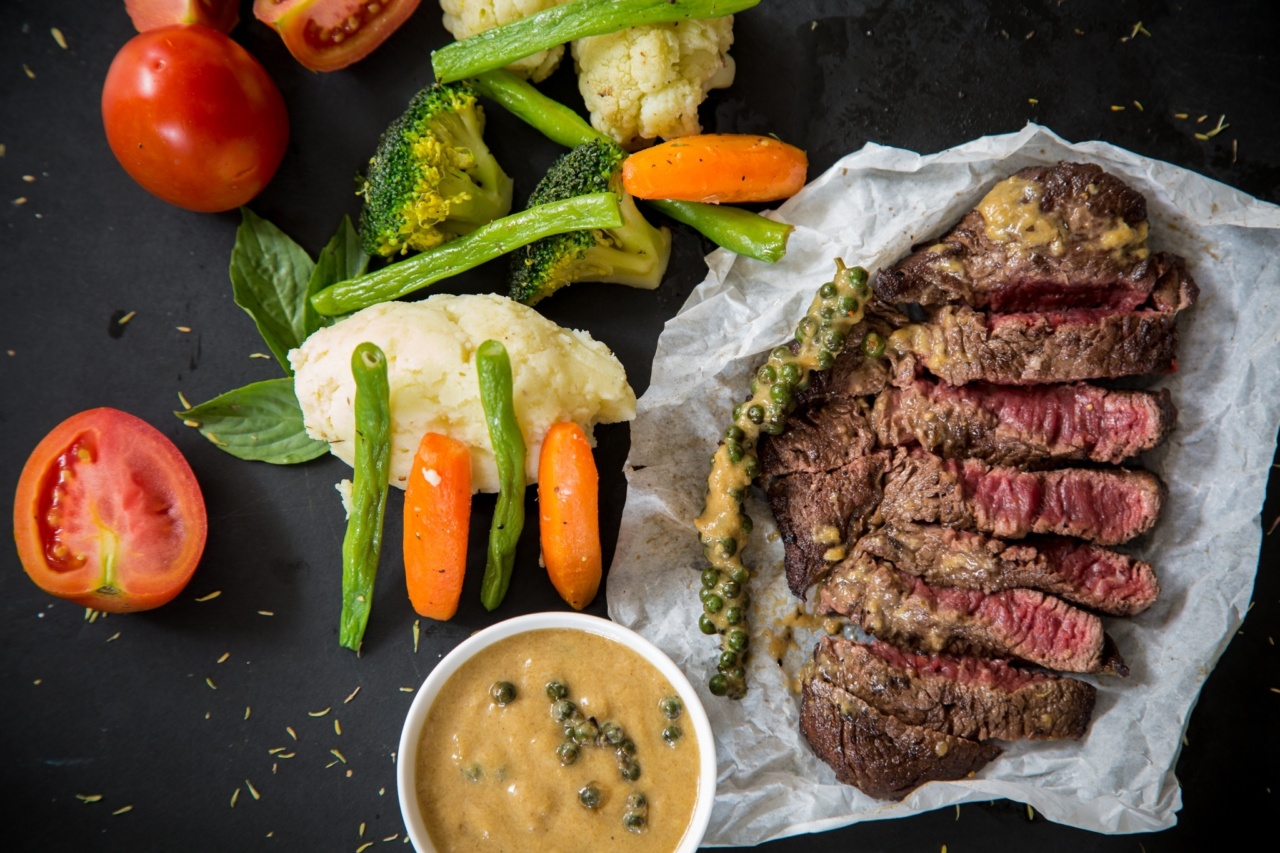Protein is one of the essential macronutrients that our body needs to function correctly.
It helps in building and repairing muscles, keeps our bones strong, maintains healthy skin and hair, and is involved in vital processes such as hormone production and immune function.
But did you know that protein also plays a significant role in controlling hunger and appetite? Several studies have shown that not getting enough protein in your diet may lead to overeating and weight gain.
Why Protein is Important for Appetite Control
Protein is known to be one of the most satiating nutrients compared to carbohydrates and fats. It means that it keeps you feeling full and satisfied for longer periods, ultimately reducing the number of calories you consume throughout the day.
Here’s how it works:.
- Protein takes longer to digest than carbs and fats, which means it stays longer in your stomach, and you feel full for more extended periods.
- Protein triggers the release of hormones such as peptide YY (PYY), glucagon-like peptide 1 (GLP-1), and cholecystokinin (CCK), which help in reducing hunger and increasing feeling fullness.
- Protein also increases metabolism, which helps in burning more calories, ultimately resulting in weight loss.
Therefore, getting enough protein in your daily diet is crucial for appetite control and maintaining a healthy weight.
How Low Protein Intake Affects Appetite
Several studies have shown that not getting enough protein in your diet may cause a significant increase in appetite, leading to overeating and weight gain.
One study published in the American Journal of Clinical Nutrition found that people who consumed a high-protein breakfast ate less throughout the day and had fewer late-night cravings than those who had a low-protein breakfast.
In another study, researchers found that increasing protein intake from 15% to 30% of total calories in the diet resulted in significant weight loss, improved body composition, and reduced hunger and appetite.
The reason behind this is that a low-protein diet does not provide sufficient satiety, ultimately leading to more hunger and overeating.
A low-protein diet also reduces the production of the hormone PYY, which plays a crucial role in reducing hunger and increasing fullness.
How to Increase Protein Intake
Now that we know the importance of protein in controlling appetite, the question arises – How to increase protein intake? Here are some tips:.
- Include a protein source in every meal – Whether it’s breakfast, lunch, or dinner, make sure your meal contains a protein source. You can opt for eggs, nuts, seeds, legumes, tofu, dairy, or lean meats.
- Choose high-protein snacks – When it comes to snacking, opt for high-protein options such as Greek yogurt, cottage cheese, or a protein bar.
- Supplement with protein powder – If you’re struggling to meet your protein requirements, consider supplementing with protein powder. It’s an easy and convenient way to increase protein intake.
The Bottom Line
Protein is a crucial nutrient that plays a significant role in controlling appetite and maintaining a healthy weight. Not getting enough protein in your diet can lead to overeating, hunger, and weight gain.
Therefore, make sure to include a protein source in every meal, choose high-protein snacks, and supplement with protein powder if needed.






























